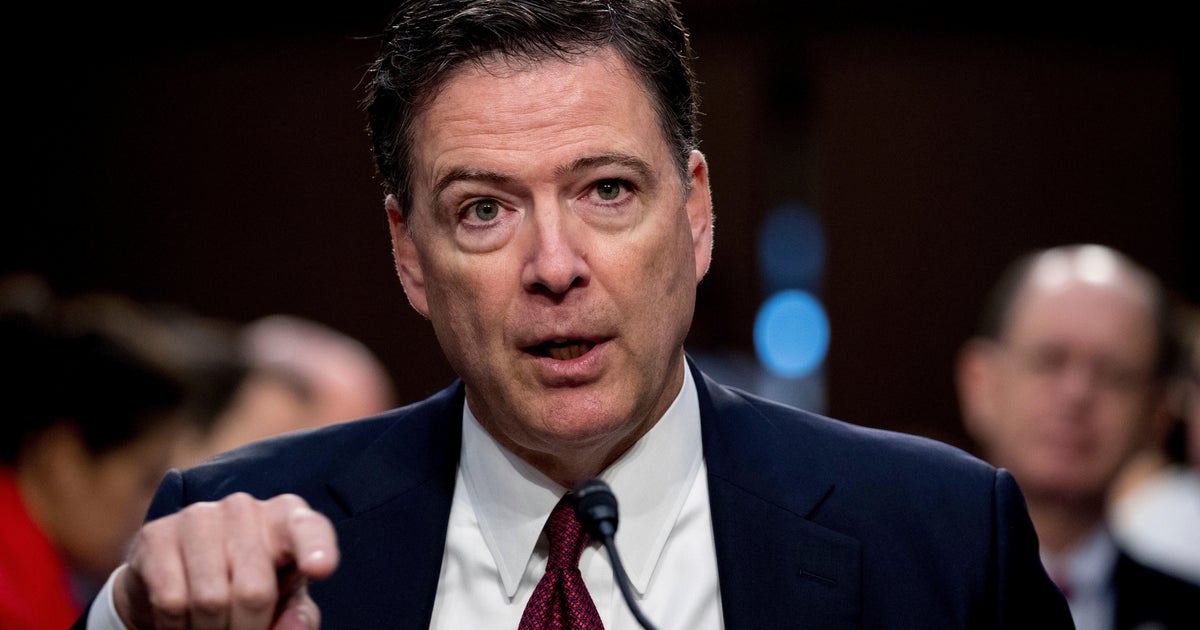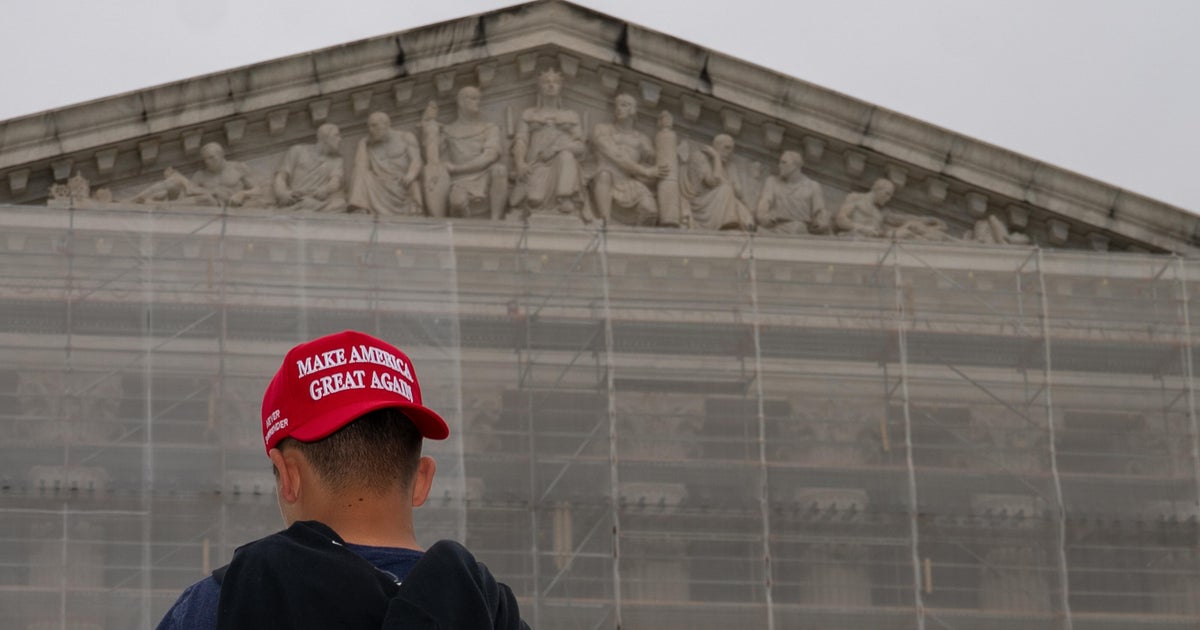
James Comey, the former FBI director and a prominent critic of Donald Trump, enters a courtroom today under the weight of unprecedented criminal charges. This moment is not merely a legal proceeding; it’s a chilling reflection of how political vendettas can infiltrate our justice system, and it serves as a stark reminder of the fragility of accountability in a landscape marred by power struggles.
Scheduled for 10 a.m. in Northern Virginia, Comey faces a grand jury indictment stemming from his testimony five years ago. The charges of lying to Congress and obstructing a congressional investigation are not just about Comey; they’re indicative of a system that too easily conflates accountability with retribution, particularly when it involves those challenging the status quo.
Comey has firmly proclaimed his innocence, inviting the judicial process to unfold in a video statement where he said, “let’s have a trial.” His family, including his wife Patrice and daughter Maurene—who herself has become a casualty in the political crossfire—will be present. Maurene’s recent firing from the Justice Department, followed by her lawsuit against the Trump administration, illustrates a disturbing trend of familial retribution that permeates this case.
At the arraignment, U.S. District Judge Michael Nachmanoff will formally outline the charges against Comey and allow him to enter a plea. The fate of this case hinges not only on legal arguments but on the broader implications for our democratic institutions. Will the judge uphold the principles of justice, or will he allow the political machinations of the powerful to dictate the terms of the trial?
There are murmurings that Comey’s legal team may seek to have the charges dismissed on the grounds of vindictive prosecution, a tactic often employed by those in power to silence dissent. The prosecutor in this case, Lindsey Halligan, appointed just days before Comey’s indictment, is a former personal attorney for Trump. This raises significant questions about the motivations behind these charges and whether they are rooted in genuine legal concerns or simply an extension of Trump’s vendetta against a political adversary.
The arraignment will unfold in Alexandria, Virginia, a location chosen for its proximity to the political epicenter of Washington, D.C. The demographics of the jury pool—largely unfavorable to Trump—could serve as an unpredictable wild card in this fraught affair. The region’s overwhelming support for Democrats in recent elections starkly contrasts with the intentions of those who seek to criminalize dissent.
What is particularly alarming is the climate of intimidation that has been cultivated under the Trump administration. The notion that Comey could be subjected to a “perp walk” before his arraignment speaks volumes about the lengths to which authorities might go to dramatize this case. Thankfully, cooler heads prevailed, but the fact that such a display was even considered highlights the spectacle that surrounds this entire legal saga.
The charges themselves are rooted in Comey’s testimony during a Senate hearing, where he allegedly made a false statement regarding the authorization of an anonymous source in the FBI’s investigation into Hillary Clinton. Critics of the indictment argue that the move to prosecute Comey is a clear manifestation of Trump’s desire to exact revenge, a theme that has echoed throughout the former president’s time in office.
It is essential to recognize that this case is not an isolated incident; it is part of a broader narrative where those in power seek to weaponize the judicial system against their opponents. The fact that a grand jury declined to indict Comey on additional counts only serves to highlight the questionable motivations behind those charges that were filed. Comey’s indictment is not just about alleged wrongdoing; it is an assault on the very concept of accountability in governance.
As we watch this legal drama unfold, we must remain vigilant about the implications for social justice and equality in our legal system. It is vital that we do not lose sight of the systemic inequities that allow the powerful to manipulate the law for their own ends. The ongoing struggle for human rights demands that we hold those in power accountable—not just to the letter of the law, but to the spirit of justice that underpins our democracy.
In the days to come, we must be prepared to advocate for the integrity of our institutions and demand that accountability is applied consistently, regardless of political affiliation. This case is emblematic of a troubling trend where justice is overshadowed by political retribution, and we must not allow it to set a precedent that undermines our collective pursuit of equality and accountability in governance.
This article highlights the importance of Marks Dangerous Precedent.


